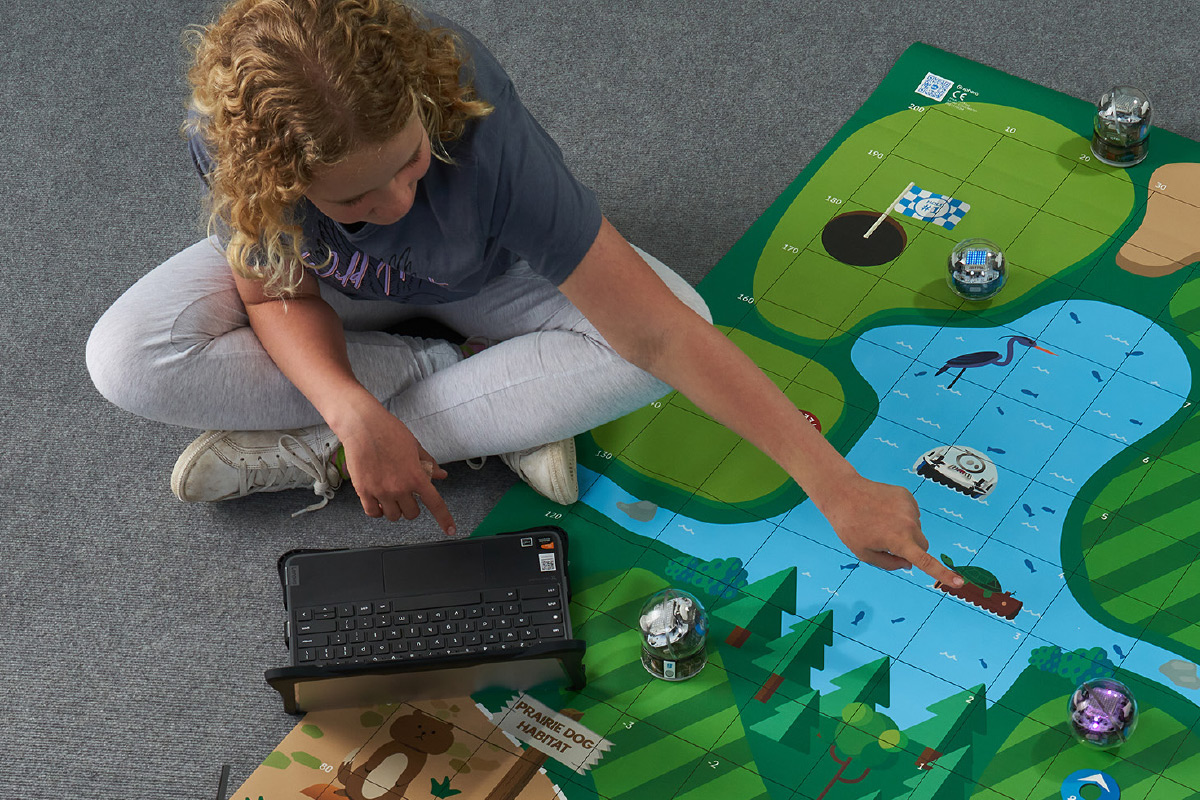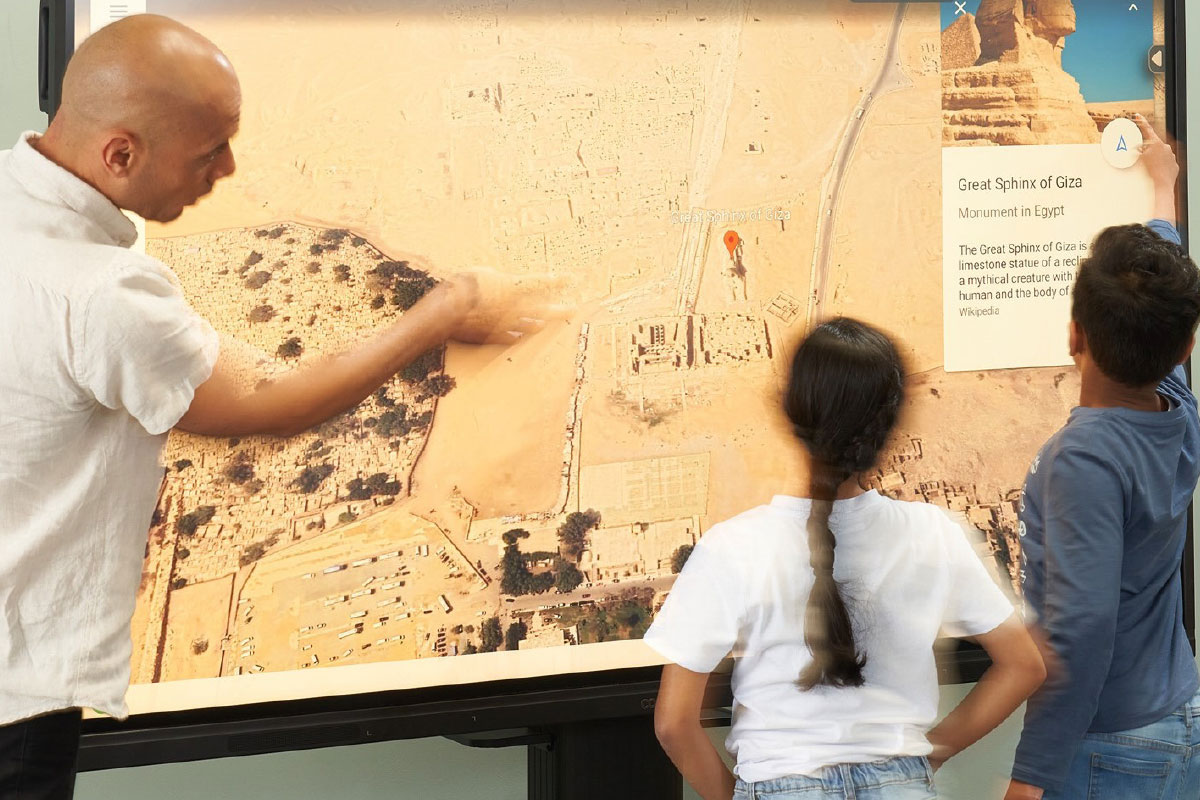Fostering future-focused skills through esports
Esports statistics

256m
Global viewers

75%
of Kiwis play video games

1.6m
Kiwi gaming households

73.8%
Kiwi gamers have made friends gaming that extended beyond the game

94%
of Kiwis feel they learned valuable skills gaming that have been applied in their lives

86.8%
of Kiwi gamers would like to participate in esports if it were available to them
The global workplace landscape is changing fast, demanding a future workforce equipped with a unique set of skills. Future-focused skills like critical thinking, collaboration, creativity, and communication are vital for success in the digital age. This is where esports, once viewed solely as entertainment, emerges as a powerful and engaging tool to cultivate these crucial skills in students, while also offering a viable career path.
A learning platform to grow skillsets
Esports, or competitive video gaming, transcends mere entertainment. It offers a dynamic learning environment where students are immersed in complex scenarios. There are many invaluable skills that are fostered while in play.
- Critical thinking: Esports players constantly analyse game situations, anticipate opponents’ strategies, and adapt their approaches in real-time, fostering the problem-solving skills that are crucial for navigating the complexities of the future.
- Collaboration: Success in esports hinges on effective teamwork. Players learn to collaborate seamlessly, understand each other’s strengths, and communicate strategies effectively, mirroring the essential collaborative skills needed in future workplaces across various sectors.
- Creativity: Success often hinges on devising new tactics and unconventional strategies to outmanoeuvre opponents. This encourages students to think beyond the obvious and explore creative solutions.
- Communication: Clear and concise communication is essential in the fast-paced world of esports. Players learn to articulate their ideas effectively, provide constructive feedback, and actively listen – these communication skills are vital for success in diverse fields like marketing, law, and customer service.
A viable career path
Beyond honing essential future-focused skills, esports offers a compelling career path for passionate students. The global esports industry is expected to reach a market value of $1.87 billion (USD) by 2025, with the esports audience to comprise 532m viewers, according to Newzoo, a leading esports analytics firm. This growth translates to a thriving job market, not just for professional players, but also for individuals in various related fields.
- Game design and development: Understanding the intricacies of gameplay translates well into careers in game design, development, and user experience (UX) design.
- Coaching and analysis: Strategic knowledge and analytical skills can be leveraged for coaching, analysis, and team management roles within esports organisations.
- Event management and broadcasting: Esports events require expertise in event management, broadcasting, and production, creating opportunities for skilled individuals in these areas.
- Content creation and marketing: Creativity and communication skills are crucial for success in content creation, streaming, and marketing roles within the esports ecosystem.
Building your school’s esports club
Schools can maximise the benefits of esports, by setting up an esports club.
Here’s our suggested roadmap.
- Gauge interest: Conduct surveys and assess student and faculty interest in establishing an esports club.
- Secure resources: Identify dedicated space for practice and potential competitions. Look for support from technology departments and explore collaboration with local esports organisations. Work with a trusted advisor, such as Acer and The Warehouse Group Business, to discuss equipment options and a sustainable strategy for future resources.
- Develop guidelines: Establish clear guidelines for eligibility, club structure, and responsible gaming practices.
- Choose games: Select popular and accessible games that align with the club’s goals and student preferences.
- Start small: Begin with internal tournaments and local collaborations, gradually progressing to regional or national competitions based on available resources and student development. Also check out the NZ esports website or more information and resources.
By embracing esports, schools can equip students with the essential future focussed skills and open doors to a burgeoning career path. This is not just about playing games; it’s about shaping critical thinkers, effective communicators, creative problem-solvers, and collaborative team players who are prepared to thrive in the dynamic landscape of tomorrow.
Contact us for an esports technology consultation
We can help you determine which devices in our range are best suited to your esports needs. Contact your local TWGB Account Manager, or Caz Nortje, Business Development Manager for Acer, and together we can bring your esports vision to life!














